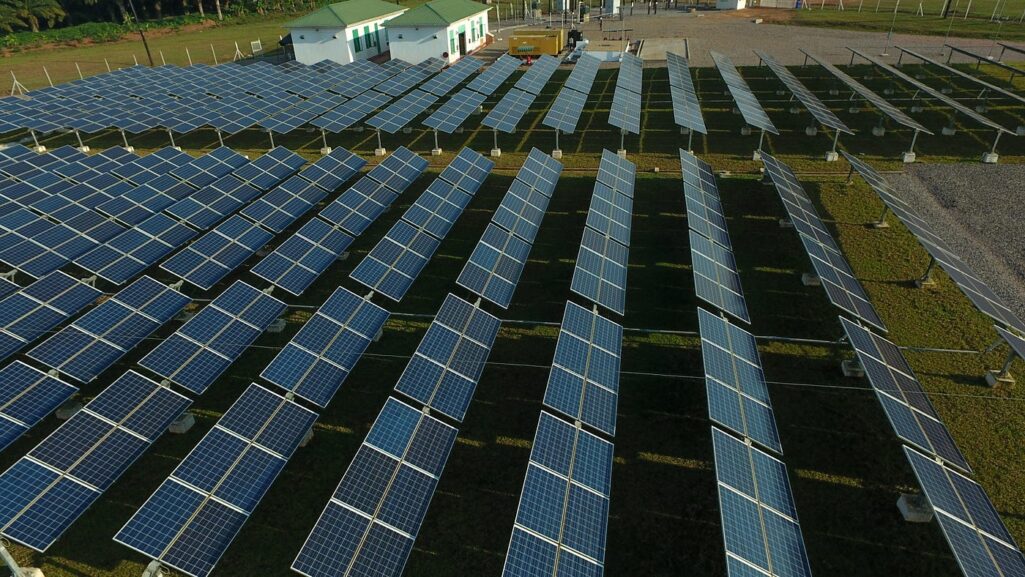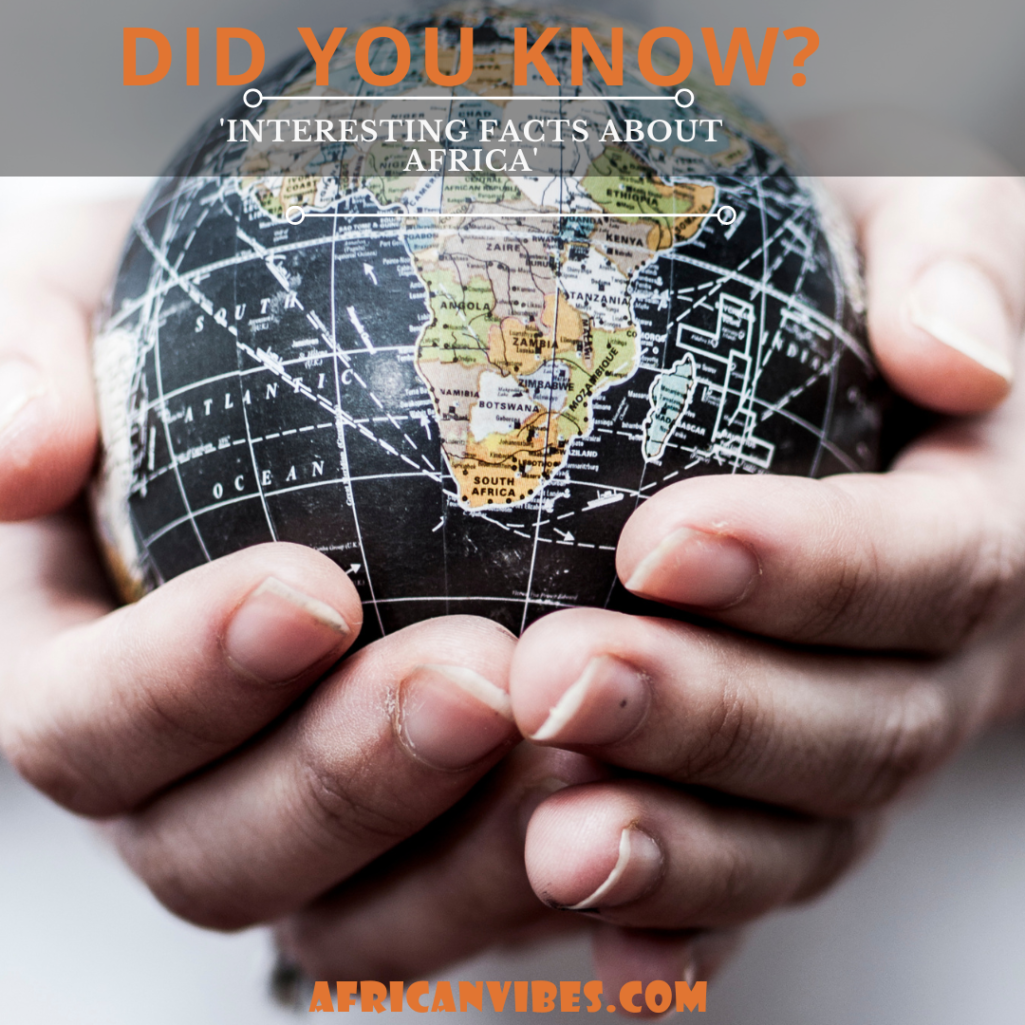How Solar Energy is Transforming Agriculture on Uganda’s Kalangala Islands

Transforming Lives with Solar Power. The Remarkable Shift in Kalangala Islands’ Agriculture and Economy. In the heart of Uganda, amidst the expansive waters of Lake Victoria, lies an archipelago of 84 islands known as Kalangala. For years, these islands were engulfed in darkness, with limited access to reliable electricity hindering economic growth and development. However, the narrative began to change dramatically in 2015 with the establishment of the Bukuzindu Power Plant, a pioneering 1.6 MW hybrid solar-diesel facility on Bugala Island. This facility not only illuminated homes but also sparked a remarkable transformation in the islands’ primary economic activities.

From Fishing Nets to Coffee Beans: The Agricultural Shift
Traditionally, the inhabitants of Kalangala relied heavily on fishing as their main livelihood. The advent of reliable electricity supply brought about a significant shift towards agriculture, particularly coffee farming, which demands substantial energy for processing. Daniel Kyeswa, a local farmer who started cultivating coffee in 2020, epitomizes this transition. He highlights the convenience brought about by the power plant, stating, “Even if I have many bags and sacks of coffee, I just bring them here, they process it because power is available. And even to communicate is easy.”
This shift is not just a story of individual success but has contributed to a national economic boom. Uganda’s coffee export volume soared by 25 percent, reaching 5.83 million bags worth $867 million in the year ending July 2023. This remarkable increase underscores the pivotal role of reliable energy in boosting agricultural productivity and, by extension, economic development.
ALSO READ: The Solar Energy Revolution in Africa: Harnessing the Power of the Sun
The Solar Energy Conundrum: Powering Growth Amid Challenges
The Bukuzindu Power Plant, with its 1000 kilowatts of thermal and 600 of solar power, supplies electricity to 3,000 households, marking a significant milestone in the islands’ energy landscape. However, the journey is not without its hurdles. Emmanuel Ongom, the Power Plant Operations and Maintenance Engineer, sheds light on the inherent challenges of solar energy, particularly storage. “The energy is available when people don’t need it… And this creates a problem in itself. So, there is a mismatch,” he explains. This highlights a crucial area of focus for future improvements in solar energy utilization.
The Plight of the Powerless: Bridging the Energy Divide
Despite the progress, disparities in energy access persist. Nammanda Nsubuga’s experience on Bunyama Island illustrates the struggles faced by those living in areas still shrouded in darkness. The lack of electricity forces her to transport produce to Bugala Island for processing, leading to losses, especially with perishable items. Nsubuga’s story is a poignant reminder of the work that remains to be done in achieving energy equity.

Harnessing Solar Potential: The Road to Sustainable Development
The Ssese Farm Institute on Bugala Island stands as a beacon of hope, showcasing the benefits of solar-powered irrigation systems. Stephen Nabasa, the Principal, emphasizes the cost-effectiveness of solar energy, pointing to the long-term savings it offers compared to conventional energy sources. This example not only highlights the economic benefits of solar power but also its potential to support sustainable agricultural practices.
A Call to Action: Expanding Access to Solar Power
Recognizing the transformative impact of solar energy on agriculture and the economy, local leaders and the government advocate for the expansion of off-grid solar projects. Rajab Ssemakula, the Chairperson of Kalangala District, envisions a future where increased access to electricity fuels small-scale industries, irrigation schemes, and, ultimately, economic growth. The government’s push for mechanization in agriculture further underscores the need for widespread energy access to operationalize and leverage these technologies.
ALSO READ: Climate Change’s Grip Tightens on African Businesses: A Comprehensive Survey Reveals Urgent Reality
Looking Forward: Brightening the Future with Renewable Energy
Uganda’s Electricity Access Scale-up Project has made significant strides, installing at least 94 MW of PV capacity across the country. This endeavor is a testament to the potential of off-grid solar solutions in bridging the energy divide. With over 42% of Uganda’s population now having access to electricity, of which 82% is from renewable sources, the future looks bright. The journey of Kalangala’s transformation from darkness to light reflects the broader potential of solar energy to catalyze sustainable development and economic prosperity.
As the world continues to grapple with the challenges of climate change and sustainable development, the story of Kalangala offers valuable lessons on the transformative power of renewable energy. The path forward requires continued innovation, investment, and collaboration to harness the full potential of solar power, not just in Kalangala or Uganda, but globally.
Conclusion: Illuminating the Path to Sustainable Progress
The story of Kalangala’s transformation underscores the profound impact of reliable and sustainable energy on rural development. As the islands continue to harness the power of the sun, they not only illuminate their homes but also pave the way for a brighter, more prosperous future. The journey of Kalangala from darkness to light serves as an inspiring blueprint for other regions seeking to embark on a similar path towards sustainability and economic empowerment.








Responses